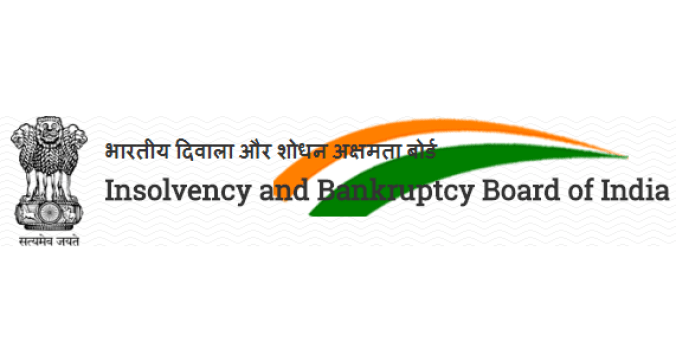Insolvency regulator IBBI has allowed a multilateral financial institution to acquire and hold up to 15 per cent equity stake in an Insolvency Professional Agency (IPA). A similar regulatory dispensation has also been allowed for other regulated entities, such as stock exchange, banking company, insurance company, financial institution and depository. These entities, too, can now pick up to 15 per cent stake in an IPA, which is a front-level regulator for insolvency professionals. Prescribing the shareholding pattern that would be allowed for IPAs the IBBI has also specified that the Central government, State government and a statutory regulator can hold up to 100 per cent equity in an IPA. Other than these specified entities, no other person – either individually or together with persons acting in concert – will be allowed to acquire or hold more than 5 per cent stake in an IPA, said IBBI. We are now allowing multilateral financial institutions and regulated entities in the financial sector to own up to 15 per cent stake in an IPA. The idea is to enable widespread control over IPAs, MS Sahoo, Chairman, IBBI, told. IPAs have the responsibility to develop and regulate the profession of insolvency professionals (IPs). They carry out quasi-legislative, executive and quasi-judicial functions. To enable IPAs to discharge responsibilities effectively, the IBBI has also laid out the organisational structure and board composition for them, and made it mandatory to have a managing director in their governing board Till date, there are only three IPAs registered with the insolvency regulator.
These are the Indian Institute of Insolvency Professionals of ICAI (IIIPI); the ICSI Institute of Insolvency Professionals; and the Insolvency Professional Agency of ICAI. These IPAs are not-for-profit companies registered under Section 8 of the Companies Act 2013, and have been promoted by the three professional institutes – the Institute of Chartered Accountants of India; Institute of Company Secretaries of India; and the Institute of Cost Accountants of India. Sahoo said that all the three institutes promoted IPAs already comply with the new shareholding norm as they are wholly-owned by a statutory regulator. He also said that the idea of allowing ‘for profit’ companies to become IPAs – as proposed in the discussion paper in August 2018 – has not been accepted. All IPAs will have to be not-for-profit companies, and this is reflected in the latest amendments, too, he said. Sunil Pant, Chief Executive Officer of IIIPI, told that there does not seem to be any imperative need now for IIIPI to bring on board new shareholders. He felt that the latest regulatory change to provide for shareholding pattern and allowing regulated financial entities to become shareholders should be seen as an effort to increase the number of IPAs in the economy. It may be recalled that the IBBI had, in its discussion paper of August 2018 on ‘Governance of IPAs and Information Utilities’, noted with concern that no new IPA has been registered since November 2018. There also seems to be no visible sign of competition among the existing IPAs, the IBBI paper said.

